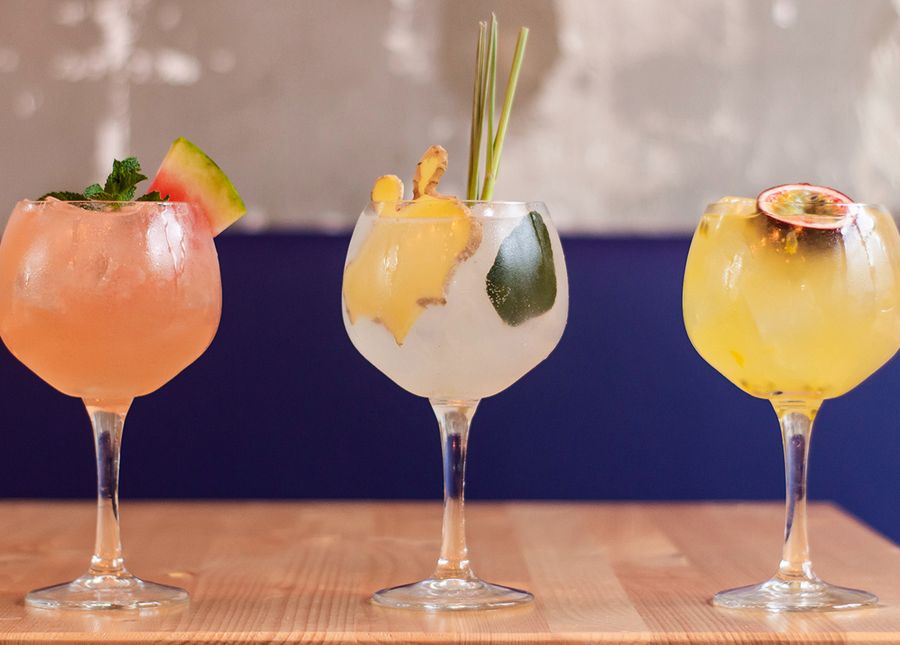Ajumma (Korean:아줌마): a married, middle-aged or older Korean woman.
The definition sounds simple enough. But the ajumma of South Korea are far more than a faceless group of older ladies. Over recent years, their reputation has shifted from benign, harmless and socially invisible to a fearsome kick-arse group that has more in common with street gangs than elderly citizens.
For decades, the ajumma have been the unsung heroes of Korean society and the economy. Hard working and selfless, these women have held their family units together, while also working in many of the lowest-paid and least desirable jobs in the country. If there’s a part time, manual, temporary or seasonal job going for a cleaner, domestic helper, process worker or the like, it’s almost certain you’ll find a woman of a certain age hard at work.
And although the term ajumma is historically polite – sometimes even translated as ‘auntie’ – the social implications of being labelled one were clear: you were of low social status, ready to be taken for granted and looked down on.
But not any more.
The ajumma strike back
Not content to keep society up and running from the shadows, the ajumma have stepped into the glaring light of day and have become a force that – while sometimes still made fun of – can no longer be ignored.
Increasingly aware of their social and economic importance (they account for nearly 50% of the Korean workforce), the ajumma are increasingly organised, increasingly political and increasingly visible. And this visibility now makes them a significant force for change, as well as a symbol of shifting class and gender power dynamics in South Korea.
Warriors in sun visors
The first thing you notice is their appearance. Like any army worth its salt, the ajumma uniform is both immediately identifiable and worn with pride: take a gaudy, colourful blouse or pyjama top, cover it with some branded Gore-Tex active wear, put on a pair of enormous sunnies and then wear an even bigger, Darth Vader-esque plastic sun visor. Cut your hair above shoulder length and get a perm.
Next, the ajumma always congregate in groups. If they were 40 years younger, they’d be called a gang, no doubt. And like a gang, they derive a swaggering strength from their numbers. Cross one, cross them all.
- They don’t step backwards. They rush forwards, whether to push into an impossibly small spot on a crowded train, or to snatch the last sale item out of the feeble grip of a gormless teenager.
- They don’t ask. They tell.
- They don’t back down. They win every argument by shouting louder than their unfortunate combatant.
‘Speed and power’
It might be Tuesday morning in a local park, or it might be Saturday afternoon up a nearby mountain. The vision is the same: A posse or five or 15 ajumma, decked out in the latest pro hiking gear, swinging their arms, pushing off with walking poles, talking loudly (probably bragging about their children or bagging their husbands), and elbowing anyone who gets in their way into a nearby ditch.
For an outsider, it’s almost impossible to distinguish between them, but those on the inside know that each proud ajumma will defend her family with ferocity.
Far from an insult now, to be an ajumma is to be strong, dependable, powerful and forthright.
Grow old gracefully? Hardly! They’d rather grow old dis-gracefully. Respect.
Cover image: Ajumma EXP



